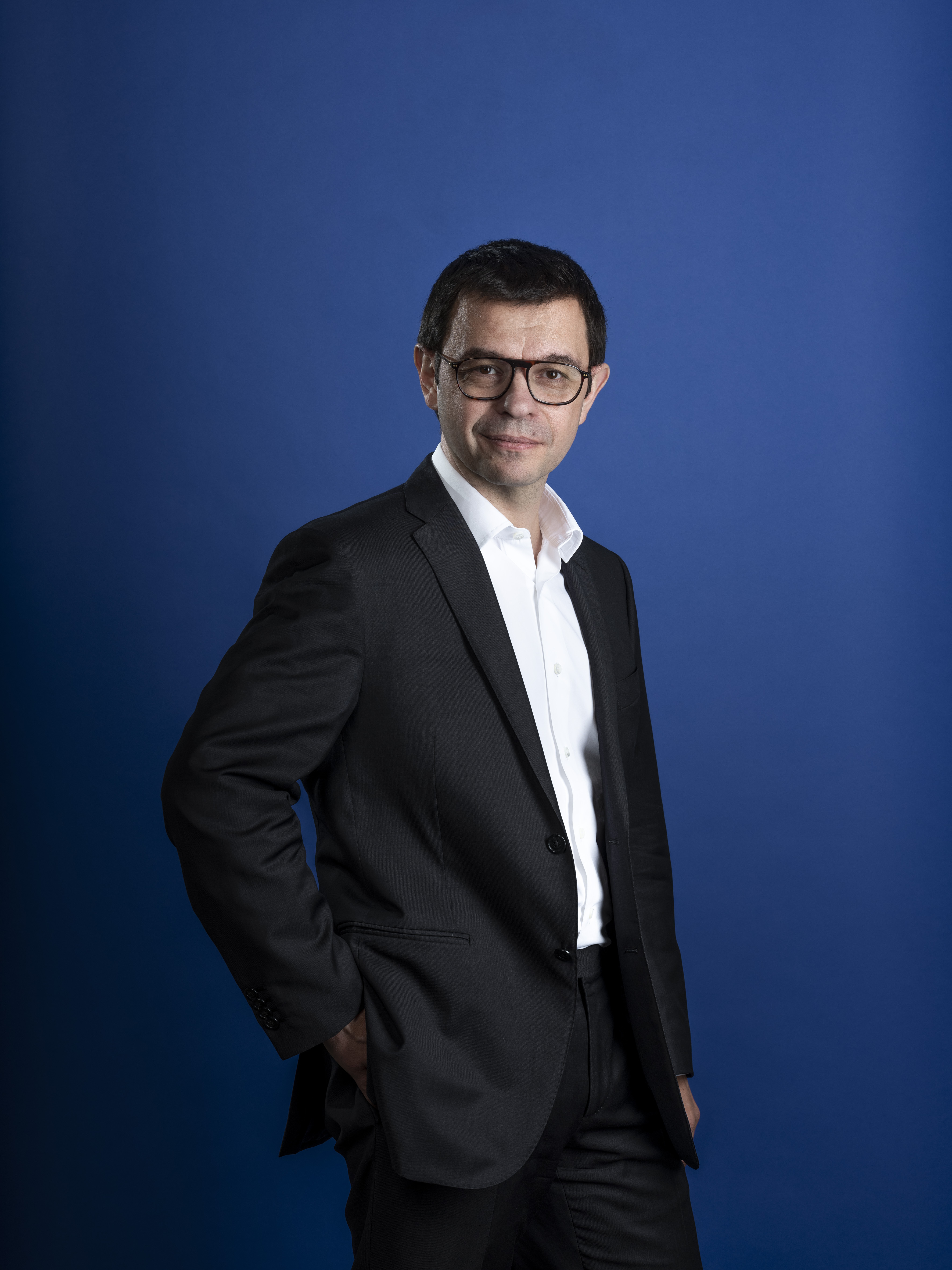How Purposeful Leadership Is Turning Businesses Into Something Bigger And Better
Far more than a token nod to more conscientious behaviour, Purposeful Leadership will be a way for businesses to survive the coming decades and make positive changes to the world, affirms HEC Paris Professor Rodolphe Durand.

Before a business can pursue a more purposeful approach to leadership, it first needs to understand its purpose, states Professor Durand. And it's not always a straightforward process...
"In simple terms, 'purpose' is a statement by a firm of the reasons why it exists beyond profitability. This is a common definition that has been given by Rebecca Henderson from Harvard Business School, among others, and it's a very interesting notion because usually when you think about a firm, you typically think of an organization that is profit-oriented.
"For some firms, it is more difficult to find a purpose than others. Compared to a pharmaceutical company whose purpose is maybe to save lives, for example, it is much more problematic for a tobacco company to say why they exist. When you end up with something like, 'To deliver a smoke-free future' while continuing massively to sell cigarettes, that is obviously not very credible."
Once a firm understands the principles behind purpose, Professor Durand says they can start to figure out what Purposeful Leadership might mean to them.
"Purposeful Leadership is about the embodiment of the purpose and how this is perceived by the employees and the people who constitute the organization. So, if I say that my purpose is to save people's lives, and by doing this I will generate drugs that we sell and they save people's lives and we can make money out of it, that's fine but it doesn't mean that Purposeful Leadership will necessarily follow.
"If we take a large pharmaceutical company again, they could state that their purpose is to save lives, but the management could be extremely bottom-line oriented. The purpose may not be embodied by the different layers of managers, and the employees may not really care. Purposeful Leadership has to be practitioner-oriented.
"It's all about when a company is doing good and people like working there then they become more engaged and, therefore, you have an organization that functions more effectively. And the firm is more profitable as a result of that, because everybody is aligned."

At HEC Paris, says Professor Durand, students are encouraged to look at the concept from multiple angles.
"We start with the purpose, and we consider that this is just a statement that can either be embodied or not embodied. It can be accurate, or it can be misguided or misleading. It can be desired but not a reality. And so, what we do at HEC Paris, working with a team of researchers, is try to study all of this scientifically, and try to avoid the 'wish list' that people associate with purposeful leadership.
There are compelling reasons, explains Professor Durand, why organisations need to understand the need for new ways of thinking.
"Over the past decade we've been in a major crisis, a crisis that has transferred private debt to governments and, actually, to all of us. So that means that private debt has become public debt and, therefore, this means that you have lots of anger and doubts around the notion of 'the firm' itself. Banks, firms, capitalism it has all been justly criticized. We've come to realize that the market is not functioning in such a way as to enable everybody to share the cake and be better off."
Because of this, he says, the very nature of "the firm" is being redefined.
You suddenly have this 'wedge': a firm exists not only to make profit, a firm must now have a purpose to exist. We had the 2008 financial crisis, we now have the COVID crisis, and we need to understand why firms operate, and for whom. One possible answer is to say that the profit is not just the nature of the firm, but it's an indirect outcome of its utility. A firm must have a purpose that legitimizes the fact that it makes profits."
The business benefits of having a set of leaders who ensure that purpose drives everything they do, says Professor Durand, can be significant.
“Around 80% of employees state that they are not engaged or committed to their work and admit that they could do more. And this is interesting, because, managerially speaking, this means that if a leader was able to get 20% or 30% of their employees to engage a bit more, they would get better results.
“So, how can they do that? Here is where the idea of Purposeful Leadership fits in: you do that by being more attentive to their needs, respectful of their expectations and by listening to their suggestions. There are challenges, of course it can be difficult for a business to change because management and employees have old habits, or you may try to do the right thing and alienate part of the workforce who don’t see a need for change. Also, from a management point of view, it can be hard to change managers’ mindsets about why this is important if the company is making a profit.”
At HEC Paris, a series of courses bring the Purposeful Leadership topic to center stage, with some students even getting to work with more than 85 partner companies to explore it in a real-life setting. Underpinning everything, explains Professor Durand, is HEC Paris’ Society and Organizations Institute ‘Think, Teach, Act’ philosophy.
"This is something that the S&O Institute came up with six or seven years ago to try and define what we were doing, and it has actually been taken up by the entire school. We produce research that is published in top academic journals, we have PhD students, we have links to different institutions such as the OECD - so that is the 'think' part.
"The 'teach' part is about how we introduce new concepts into what might be seen as a traditional business school’s curriculum. For example, this is not the place you might expect to hear about sustainability or the poverty line and so it is our mission, through teaching, to make our students and executive education participants sensitive to some of the different aspects of the world that they will have to deal with."
And the 'act'? That's all about helping the students to develop projects that are important to them, concludes the Professor.
"It's about students working on a cause that they embrace and finding ways to improve on campus. We are also working with an action tank that lets students work with firms and public services to develop campaigns and social businesses that are profitable, but at the same time have a clear benefit. It's good for HEC Paris, it's good for the students, and it's also good for the beneficiaries who get to access the different services that we have developed over the years."
Rodolphe Durand is a Professor of Strategy and Business Policy at HEC Paris. He is also Academic Director of HEC's Society & Organizations Institute and Holder of the Purposeful Leadership Chair.